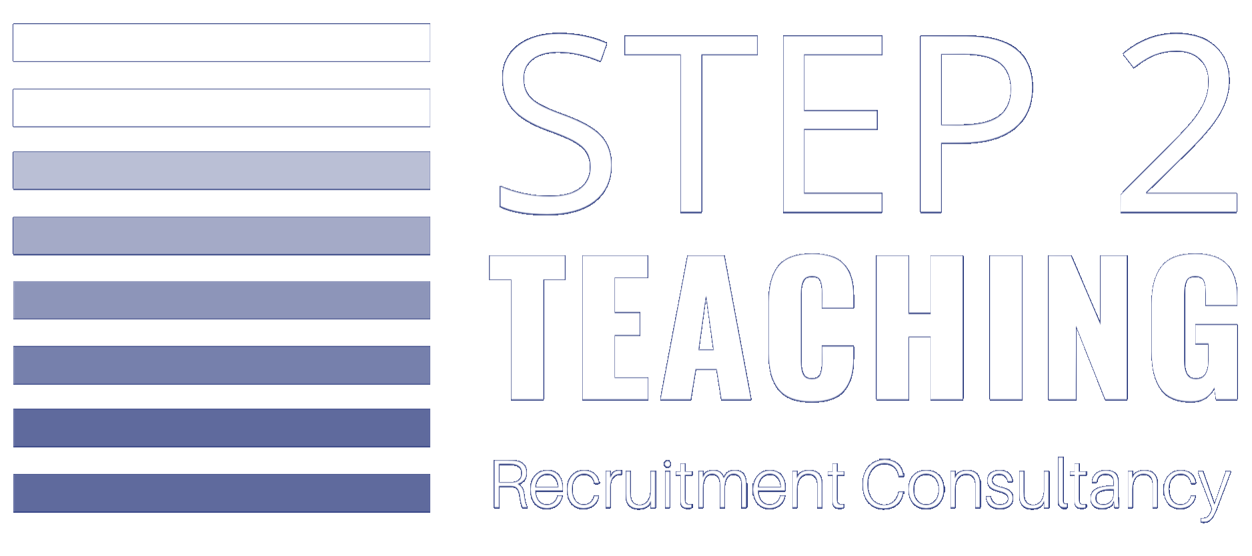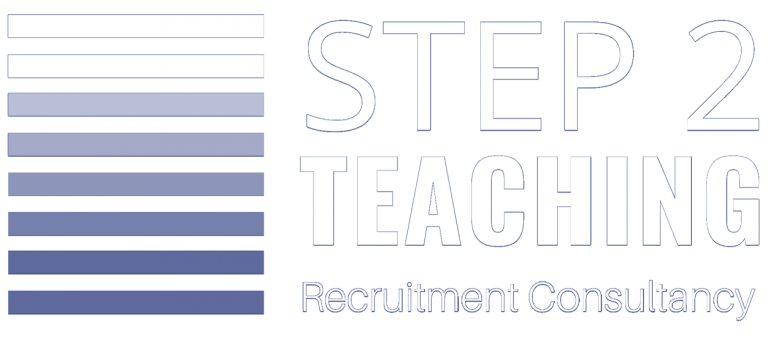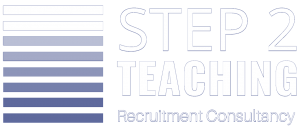Your Journey
- Home
- Your Journey

Are you looking to join the growing number of passionate individuals eager to start a career in teaching internationally?
Whether you have existing teaching experience or are looking to teach for the first time, we aim to support you throughout your journey. The below information has been compiled from our colleagues’ experiences both living abroad and recruiting for international schools for over 10 years. We hope that you will find this helpful in your transition to your new job abroad. Having had our own adventures teaching overseas, we now love helping others set out on their own unique journey!Visa Process
Once you’ve successfully been appointed your new employer will require the following information in order to secure a work visa and residency.
1. a copy of your Curriculum Vitae (resume) with your current address. This will be used to send you the Ministry of Education documents. The document will need to be completed and sent back to our PRO by post so we can start processing your work visa before you arrive.
2. a copy of the information page in your passport, which normally includes your photograph. Please note:
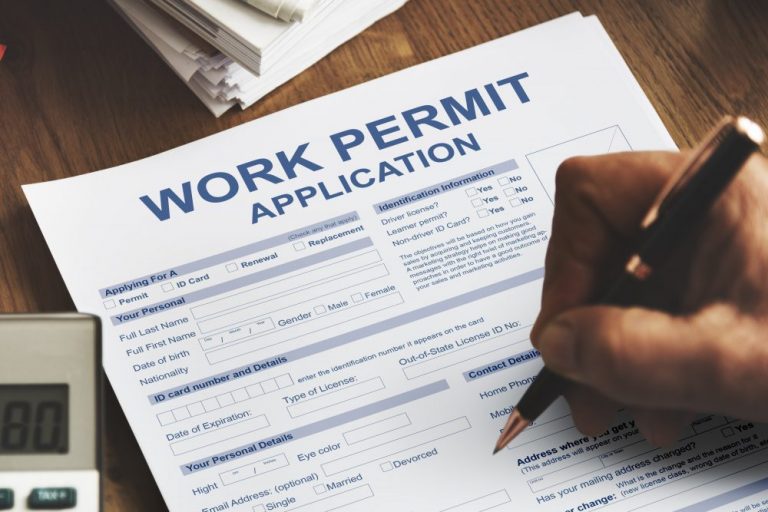
• If yours is nearly full, get a new one before heading out, for some countries the Visa is added to the passport and can take up a whole page. You will also almost certainly go abroad while living away and for many destinations another full page visa plus entry and exit stamps for the country you reside.
• Your passport must have a minimum of six months’ validity in May; if not, you will need to renew your passport now before leaving home.
• If you decide on a new passport, please tell your employer immediately so that they do not apply for your employment visa under the old passport details. They will need the new details as soon as possible. If your passport changes after the application has gone in, it could mean that the whole process has to start again!
3. a copy of the highest degree or professional degree certificate and copy of your teaching qualification certificate duly apostilled (e.g. PGCE or BEd) if you are unsure on what needs to be apostles (https://www.gov.uk/get-document-legalised).
4. at least 10 passport photographs (you may want to ask your employer the colour of the background needed). this is a requirement for obtaining your residency visa but will also be used for setting up bank accounts, driving licence, ID cards, etc. For many countries shoulders must be covered for any photographs.
5. An official criminal clearance or certificate of good conduct from your previous country of residence, dated within 6 months of arrival in Oman (https://www.gov.uk/request-copy-criminal-record).
6. Email addresses for 2 Professional References. For teachers one must be your current or most recent Principal or Head teacher.
If you’re coming out with your family you will also need to bring;
• Marriage Certificate (need to be duly apostilled), you should be aware that for visa purposes in some Middle East countries only recognises formal marriages, and not cohabitation or civil law partnerships. You will be unable therefore to sponsor your partner for residency if you cannot provide an apostilled marriage certificate.
• Birth Certificates for children,
• Adoption documentation.
For many education establishments the above information is essential for the application of your visa and for you to be formally register with the relevant Ministry of Education. If you are unable to provide this information your visa application may be delayed and this can have serious implications on your employment.
Arrival at your destination
When you enter, please make sure that your passport and your work visa documents are printed out, you may need them. If your employer has not finalised your employment visa you will be contacted to discuss arrangements. It is not unheard of to be issued with a return ticket to enter on a tourist visa. Please do not be concerned, this is a common practice.
We recommend that you purchase a “pay-as-you-go” SIM Card as you exit from arrivals from the sales stand so that you can make your first call home.
Once you arrive, a member of staff from the school will be at the airport to meet and greet you, and you will be taken directly to your accommodation to settle in.
You will obviously need access to cash and local currency. British Pound Sterling or US Dollars are easily changed to almost all foreign currency. Teller machines are readily available using your home card. If you intend to use this facility, please ensure that you inform your bank in advance.
This is a security precaution and takes just a few minutes to confirm. Many people have had problems using credit cards until they have informed their banks back home that they have moved and would be purchasing items in another country.
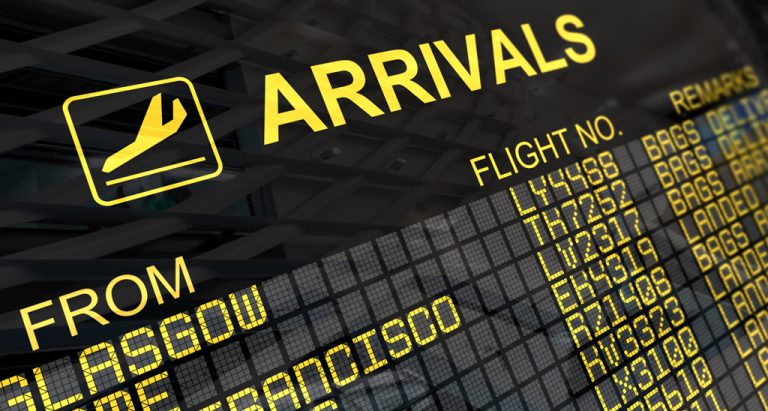
In most cases although your accommodation is furnished, you will need to stock up on food and general household supplies. It is unlikely that you will be able to survive until pay day which for many is the last working day of the month – please make sure you bring or have access to adequate money for this period.
What to Bring
To a large extent this has to be your own choice–you could travel light and buy what you need when you get here, or you could freight all your worldly goods by sea or air. Some contracts may include baggage allowance but often it’s limited to a certain amount and should be mentioned in your offer letter or employment contract.
In most cases your accommodation will have air conditioning, stove, fridge, washing machine (not a dryer), basic furniture including easy chairs, curtains, dining table and chairs, beds and bedside tables, and adequate storage in the kitchen. In some cases, new linens will be provided. Should you choose to bring linens from home, keep in mind that many countries use metrics for its linens so other sizes (e.g. American) will not necessarily fit the bed.
If you wish to ship your personal goods, please ensure your shipment gets here a few weeks after your arrival as you will need an address and Residency Visa to receive the shipment. Locked cases and trunks are likely to be opened for inspection. Often your cargo agent will put you in touch with a handling agent in the country who will handle the matter for you. Check carefully with your agent and get a written quote. You can then collect it yourself, or pay extra to have it delivered. Make sure that you have the Bill of Lading number (sea freight) or Airway Bill number (air freight).
You may like to bring with you a supply of your favourite toiletries, however brand names are readily available here in supermarkets, department stores, and shopping malls. They can be slightly more expensive than at home. Keep in mind there are a lot of medicines that are ILLEGAL to bring e.g. codeine. Please check that if you are on any medication that it is not classified as an illegal drug. In addition, any prescribed medications should be accompanied by your doctor’s letter explaining that they are prescribed and why.
Electrical and electronic goods of all kinds are available in abundance. The voltage can vary, in the Middle East it is 220/240, 50 hz utilizing 13 amp sockets with 3 square pin plugs. This is the same as the UK which means that electrical goods from the UK will work absolutely fine with no adaptor needed however anything from the US with a plug can be either inoperable or challenging. In China common voltages supplied by power companies to consumers are 110 to 120 volts (AC) and 220 to 240 volts (AC).
Pets are not encouraged in company provided accommodation. Most tenancy agreements specifically state no pets. Please check before leaving home.
Vaccinations
It is a good idea to get these up to date, not always for living in the country but rather for the places you may visit during your time here. Many African countries, for example, require a valid Yellow Fever certificate. Check with your own doctor or visit https://travelhealthpro.org.uk. For most places’ clinics are able to provide all the necessary vaccinations that you may require in the future at your expense.
First Week
For many the first week will focus on settling into your new role and accommodation and attaining or completing residency approval.
The Visa is granted by the concerned authority at its discretion, and at the request of a local sponsor. For the employee’s children their age must not be above 21 calendar years. (Note for many countries we work with residence permit expires when they reach this age). It is wise to bring digital scans/photos (4×6 cm) and other copies of your passport, work visa, degree certificate and anything mentioned in the Visa Process section of this page.
In many countries your first week may also include a medical fitness and screening test that’s issued by a local medical practice and police station. The Human Resources department will often manage appointments. The screenings may include fingerprinting of all ten fingers, an eye test, a chest x-ray, and a blood draw. The blood test is done to check for any transmissible diseases such as HIV/Aids, Hepatitis A, Hepatitis B and Hepatitis C, Syphilis, Leprosy while x-ray of chest area is done to check for Tuberculosis (TB), those with previous scars of TB or any of the mentioned diseases are not eligible to get the visa.
Therefore, if you think you are suffering from any communicable disease, it is advised to review it first in your home country.
Visit, Employment and Residence Visas – What’s the Difference?
Employment Visa – this temporary visa is the first step to obtaining residency, and is what you will have to enter Oman in August.
Residence Visa – after you enter the country, the employer will apply on your behalf for a Residence Visa. This is often two years, renewable. You you have the Residence Visa in your passport, you may go ahead and start the process for sponsoring your spouse/child(ren) if applicable.
Tourist/Visit Visa – Visitors from the UK, US, Australia, South Africa and many other countries can enter the country as a tourist. Countries have different restrictions and it’s important to check your government website for more information.
Forms and Documents
You are moving to a foreign country. That means there is a fair amount of government documentation that needs to take place. You will spend time standing in line for licenses, etc. but there is no point in getting stressed about this. Always be courteous, and do not show your frustration or get angry. Take a book to read, resign yourself to a lost morning and you may be pleasantly surprised at how quickly you are through! The entire process can be quite frustrating and time consuming, but is essential, so, just take a deep breath and for your own sanity take a calm and philosophical approach to the entire process.
At various stages you will need the following – copies of your employment contract, copies of your passport and when you have it, the Residence Visa, and assorted letters that may be obtained from school. You also need plenty of passport photographs. It is a good idea to carry all the above with you when applying for something.
Please remember that until your residency is finalised, you may not be able to:
• Buy a car (car rental or longer-term leasing may be necessary for up to four months)
• Obtain a driving licence. You most likely will be able to drive in with your countries license for a short period of time.
• Purchase a monthly billed “post-paid” mobile phone
• Acquire a liquor licence
• Open bank accounts
Driver’s Licence
If you are a national of the UK, US or many other countries and have a valid license from that country (bring the original with you!) you can sometimes obtain a license without undergoing anything except an eye test and gathering of paperwork. Human Resources will often support you with this process.
Banks
Salaries are only payable in local currency and direct-deposited into a local bank account.
To open an account, you will need to complete the current account opening process by personally visiting a bank branch or Customer Service Center, with the following documents; passport, residence visa and often an employment letter
Many banks have online or mobile banking tools to allow you transfer money home. There mostly likely will be a charge and you may want to compare with other tellers like Western Union.
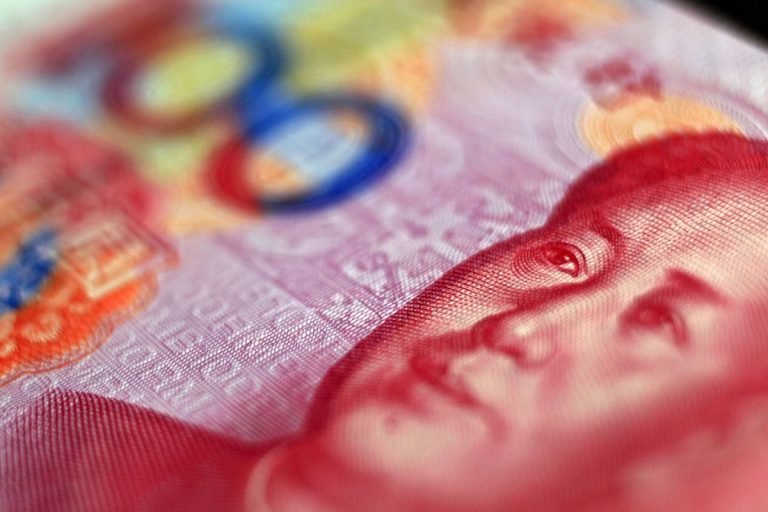
The good life
A few months on and most of the seemingly onerous obstacles are now cleared out of the way. With familiarity comes the appreciation of living somewhere new. The accommodation is often good, and sometimes includes gym and pool and the cities are colourful with a great variety of things to see and do.
Please find out more in our destinations page.
You probably won’t remember half of this information but don’t worry – just ask our staff for help or advice.
